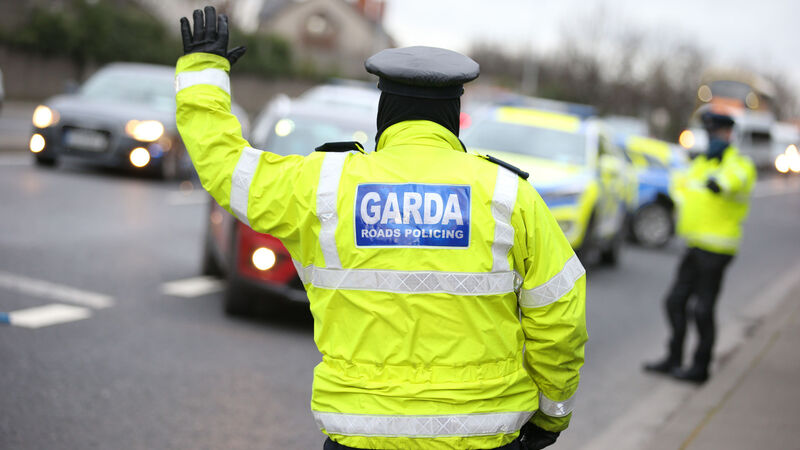Programme helps gardaí in interactions with people with intellectual disabilities

Almost two-thirds of gardaí who responded said they now had an understanding of what an intellectual disability was and around a half said they had an understanding of the common difficulties faced by such people. File picture: Stephen Collins/Collins Photos
A pilot awareness programme for gardaí to inform their interactions with people with intellectual disabilities has been welcomed by those working in the area.
Inclusion Ireland said the project – operated by a team of legal and psychiatric researchers – said the pilot was a “great step” and that future rollout of such training would make a big difference.











